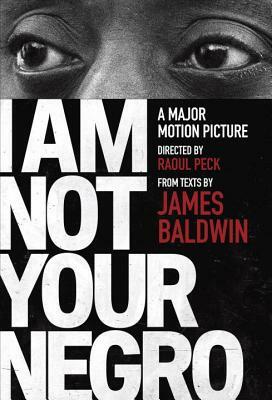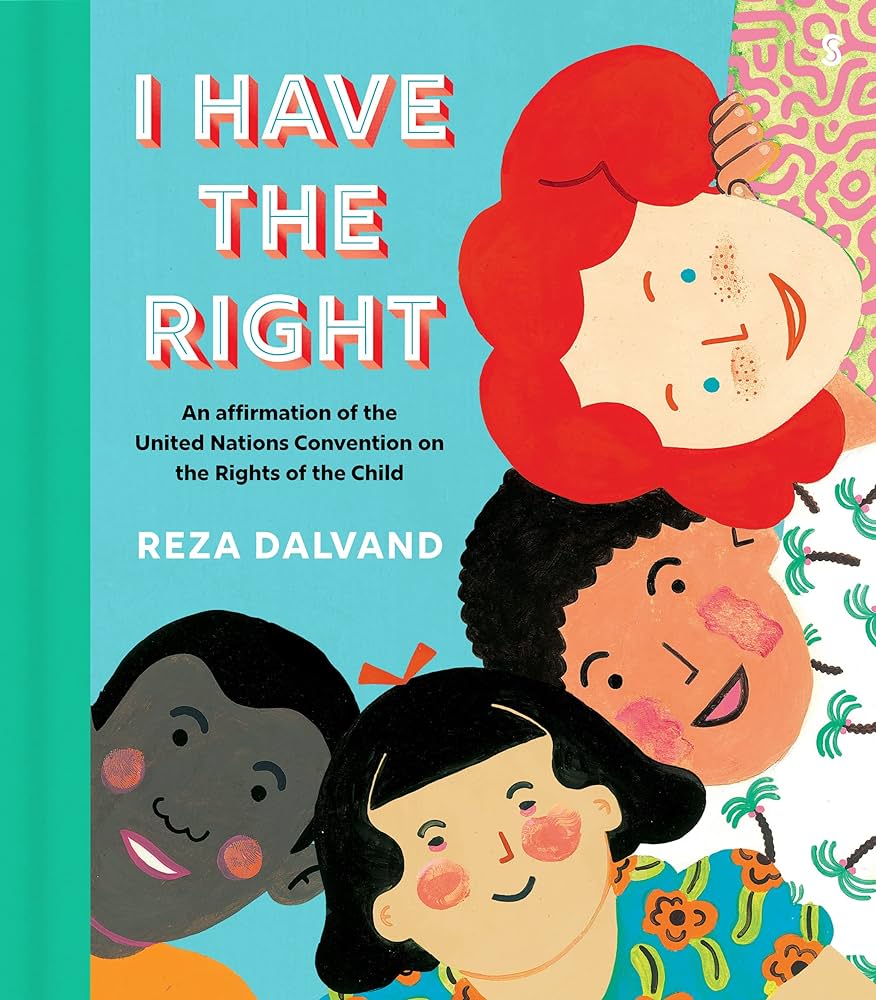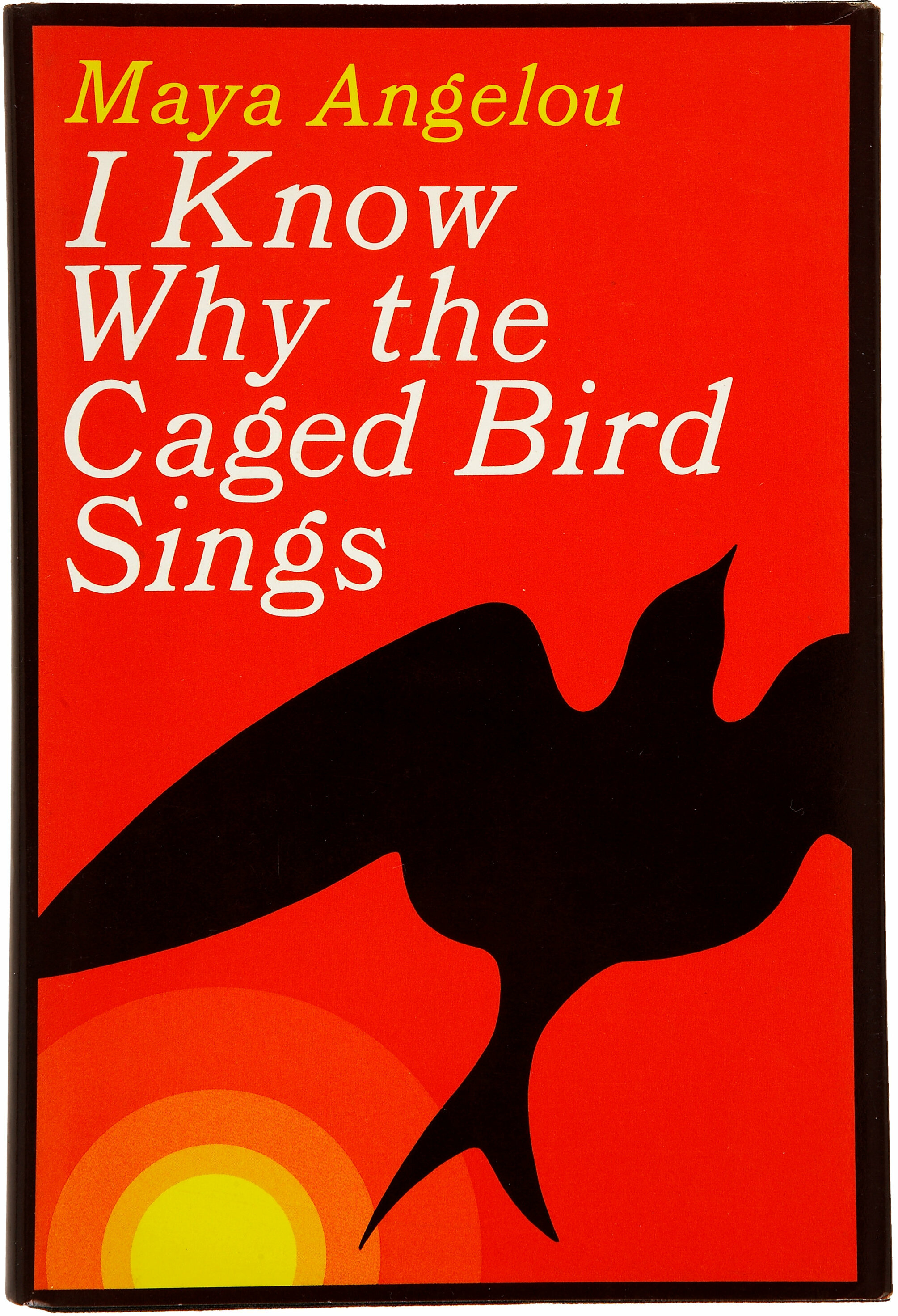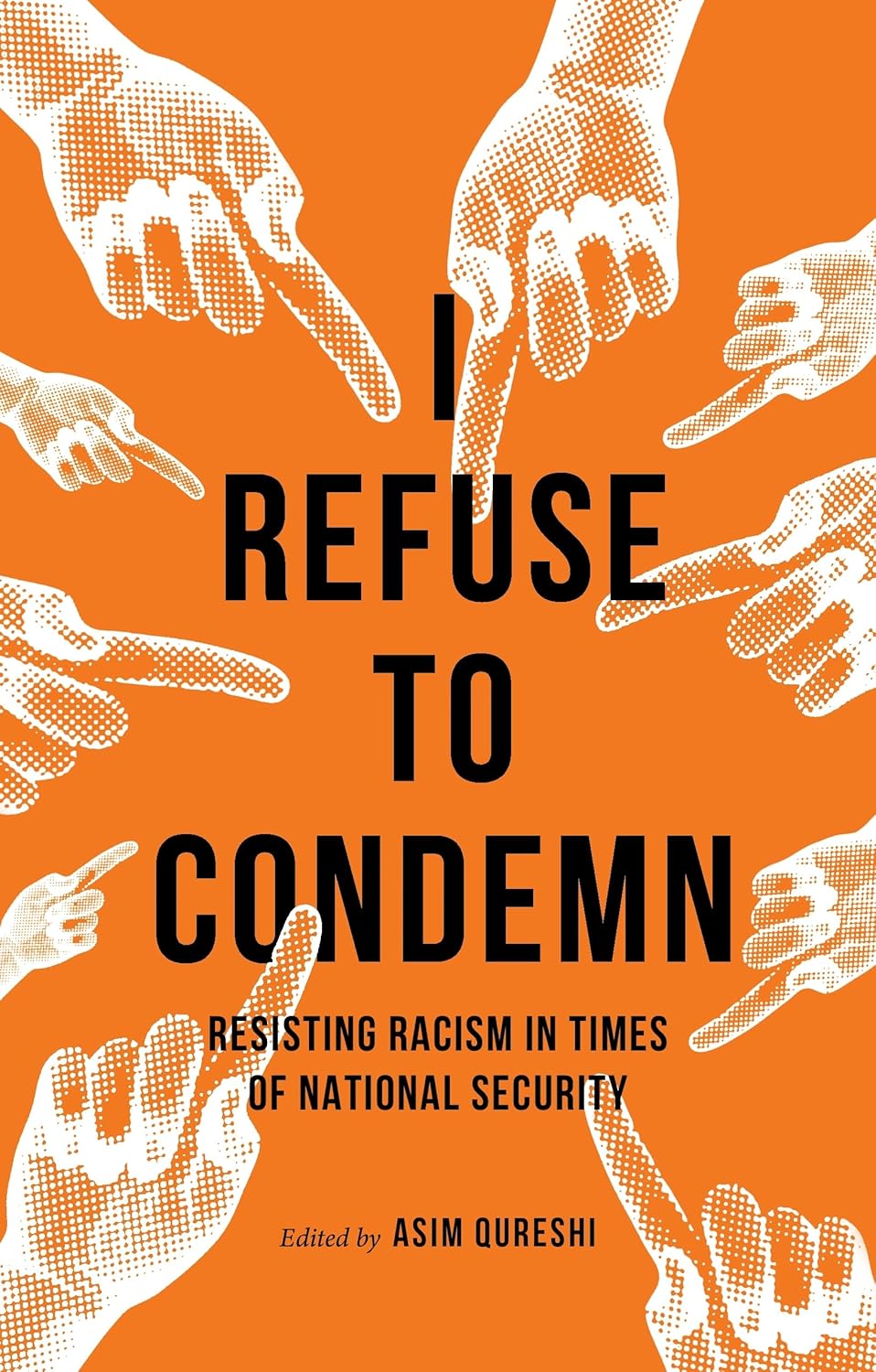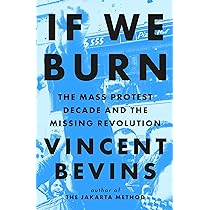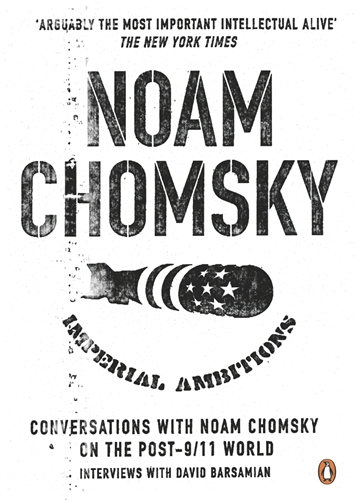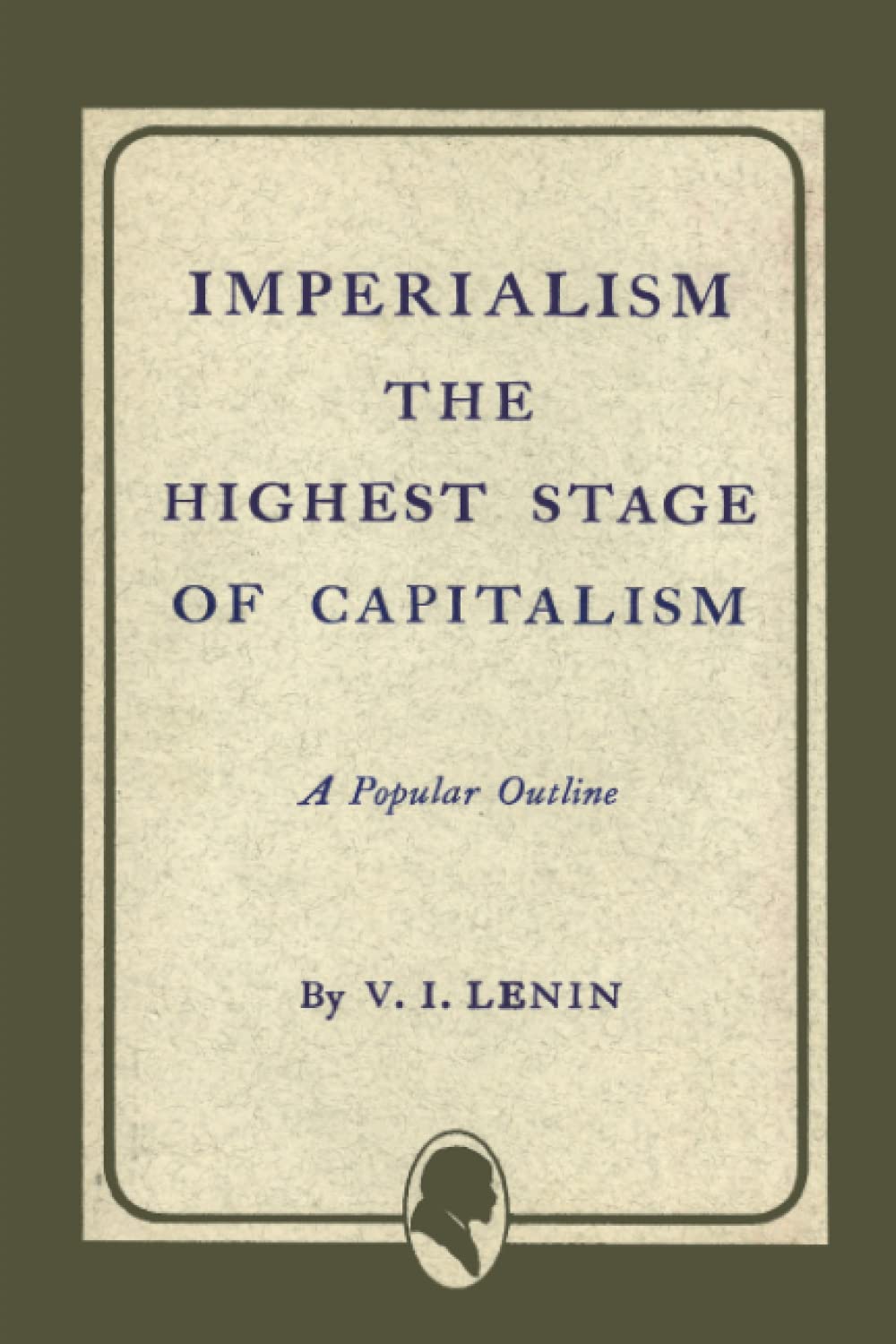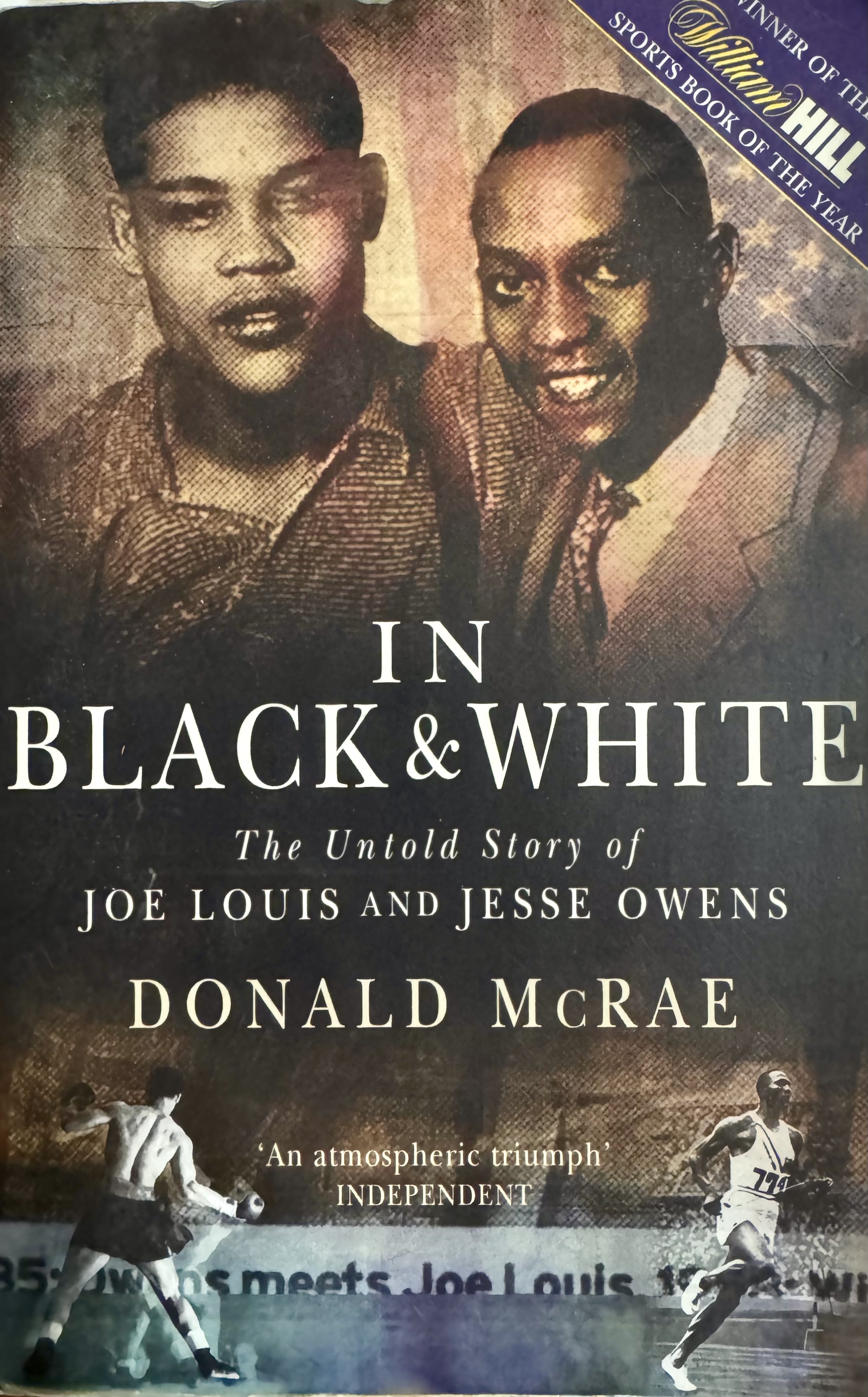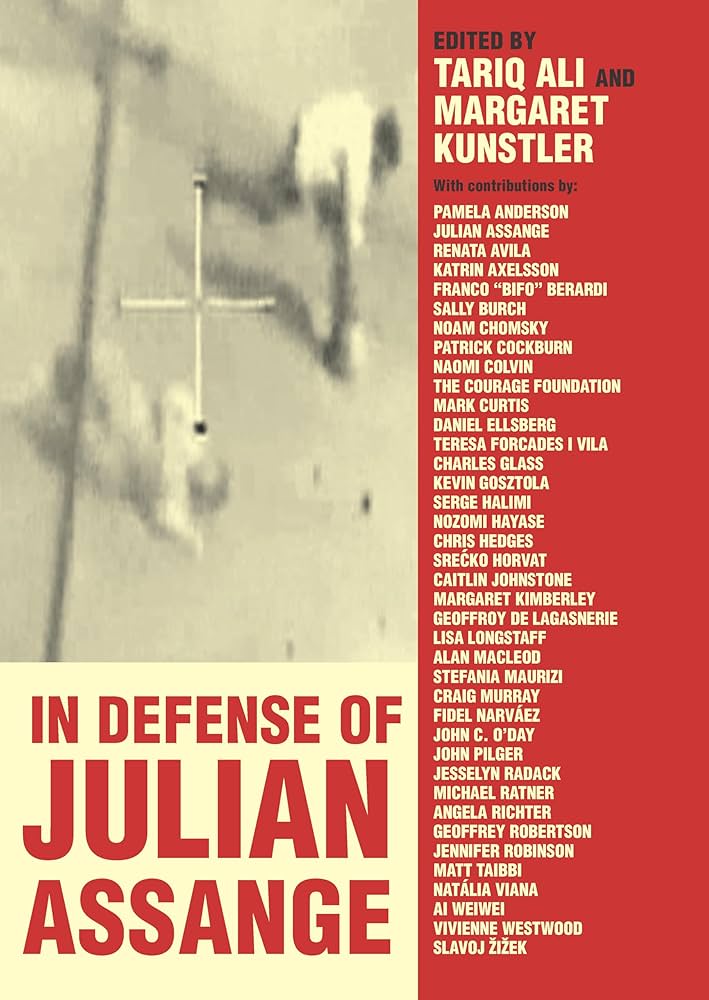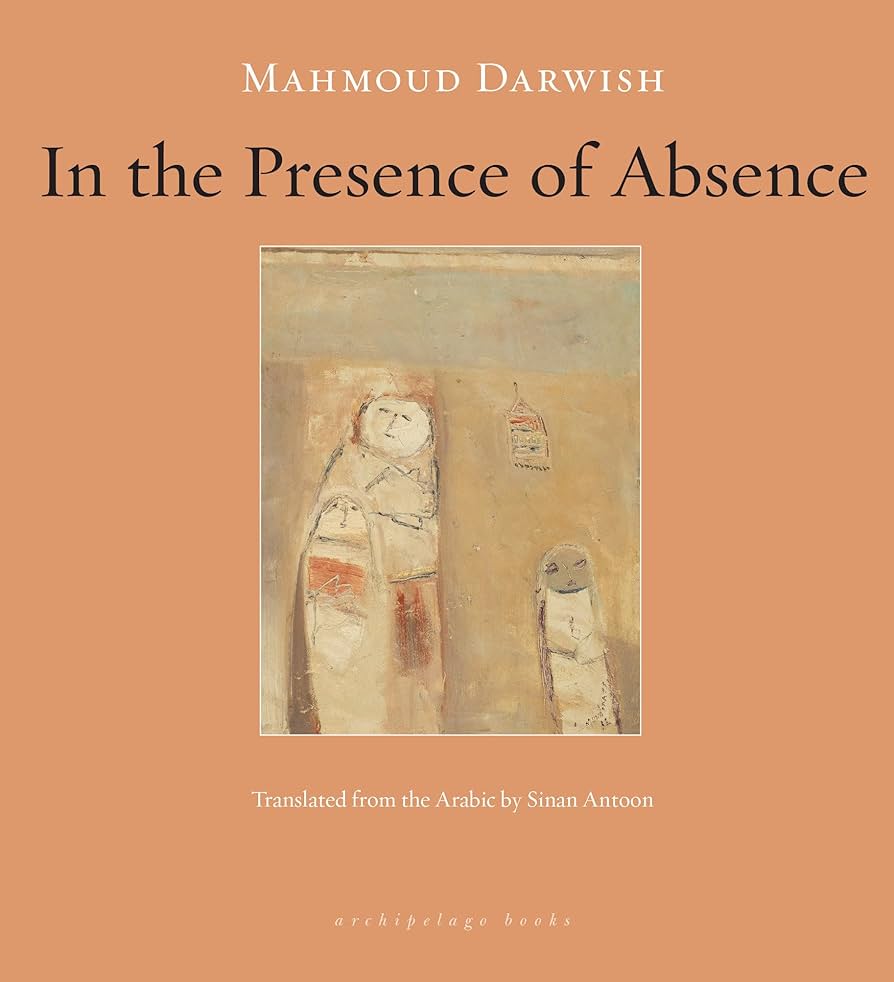In his final years, Baldwin envisioned a book about his three assassinated friends, Medgar Evers, Malcolm X, and Martin Luther King. His deeply personal notes for the project had never been published before acclaimed filmmaker Raoul Peck mined Baldwin's oeuvre to compose his stunning documentary film I Am Not Your Negro.
Peck weaves these texts together, brilliantly imagining the book that Baldwin never wrote with selected published and unpublished passages, essays, letters, notes, and interviews that are every bit as incisive and pertinent now as they have ever been. Peck's film uses them to jump through time, juxtaposing Baldwin's private words with his public statements, in a blazing examination of the tragic history of race in America.
This edition contains more than 40 black-and-white images from the film.
Nominated for the Academy Award for Best Documentary
In this first volume of her seven books of autobiography, Maya Angelou beautifully evokes her childhood with her grandmother in the American south of the 1930s. Loving the world, she also knows its cruelty. As a Black woman she has known discrimination, violence and extreme poverty, but also hope, joy, achievement and celebration.
From the so-called Arab Spring to Gezi Park in Turkey, from Ukraine's Euromaidan to student rebellions in Chile and Hong Kong, the second decade of the twenty-first century was propelled by explosive mass demonstrations. But few people got what they wanted. In too many cases, the protests led to the opposite of what they asked for.
If We Burn is a stirring work of global history built around that strange but fundamental paradox. Acclaimed journalist Vincent Bevins interviewed hundreds of people around the world, and weaves their insights and recollections into a fast-paced, gripping narrative. We follow his own troubling experiences in Brazil, where a protest movement ignited by leftists and anarchists led to an extreme-right government that torched the Amazon.
In the mass protest decade, humanity demonstrated a deep desire for change, and brave individuals started something that has been left unfinished. In this ground-breaking study of an extraordinary chain of events, protesters and major actors offer urgent lessons for those who wish to understand geopolitics today, and create a better world tomorrow.
In this important collection of interviews with the acclaimed radio journalist David Barsamian, Noam Chomsky discusses U.S. foreign policy in the post-9/11 world.
Barsamian has a unique rapport with Chomsky - having conducted more interviews and radio broadcasts with him than any other journalist - and here explores topics Chomsky has never before discussed: the 2004 presidential campaign and election; the future of Social Security; the increasing threat of global warming; and new dangers presented by the United States' ever-deepening entanglement in Iraq.
The result is an illuminating dialogue with one of the world's leading thinkers - and a startling picture of the turbulent world in which we live.
Globalisation is seen as a recent development, yet the trend towards this phenomenon was identified as long ago as 1916, in Lenin’s now classic work Imperialism, he accounts for the increasing importance of the world market in the twentieth century.
The concept of imperialism lies at the very heart of Marxist analysis and debate and Lenin offers a prescient scenario of a world shaken by competitive instability, war and crisis, dominated by monopolies, the merging of finance and industrial capital, and fierce territorial competition. It’s relevance is now greater than ever.
The extraordinary biography of two of the world's greatest athletes - Jesse Owens and Joe Louis. Jesse Owens and Joe Louis have been hailed as American icons for the last sixty-five years, yet they were unfailingly human in everything they achieved and endured: as vulnerable as they were courageous; as troubled as they were brilliant; as restless in themselves as they are now rooted in history. IN BLACK AND WHITE will tell, for the first time, the story of the shared political legacy, extraordinary personal links and enduring friendship between 4-times Olympic gold medallist Jesse Owens, and Heavyweight World Boxing Champion Joe Louis, black athletes born in an America demeaned by racism and poverty. Award-winning sports journalist Donald McRae explores these two most revered of sportsmen whose finest achievements cannot be diminished by their later tragedies; their little-known stretches of debt, despair, drug-addiction and mental illness as they struggled to find a life beyond the track and the ring. It is a deeply personal story of two of the greatest athletes the world has ever known.
After being forcibly removed from the Ecuadorian Embassy, Julian Assange is now in a high security prison in London where he faces extradition to the United States and imprisonment for the rest of his life.
The charges Assange faces are a major threat to press freedom. James Goodale, who represented the New York Times in the Pentagon Papers case, commented: “The charge against Assange for ‘conspiring’ with a source is the most dangerous I can think of with respect to the First Amendment in all my years representing media organizations”.
It is critical now to build support for Assange and prevent his delivery into the hands of the Trump administration. That is the urgent purpose of this book. A wide range of distinguished contributors, many of them in original pieces, here set out the story of Julian Assange and WikiLeaks, the importance of their work, and the dangers for us all in the persecution they face. In Defense of Julian Assange is a vivid, vital intervention into one of the most important political issues of our day.
One of the most transcendent poets of his generation, Darwish composed this remarkable elegy at the apex of his creativity, but with the full knowledge that his death was imminent. Thinking it might be his final work, he summoned all his poetic genius to create a luminous work that defies categorization. In stunning language, Darwish's self-elegy inhabits a rare space where opposites bleed and blend into each other. Prose and poetry, life and death, home and exile are all sung by the poet and his other. On the threshold of im/mortality, the poet looks back at his own existence, intertwined with that of his people. Through these lyrical meditations on love, longing, Palestine, history, friendship, family, and the ongoing conversation between life and death, the poet bids himself and his readers a poignant farewell.

